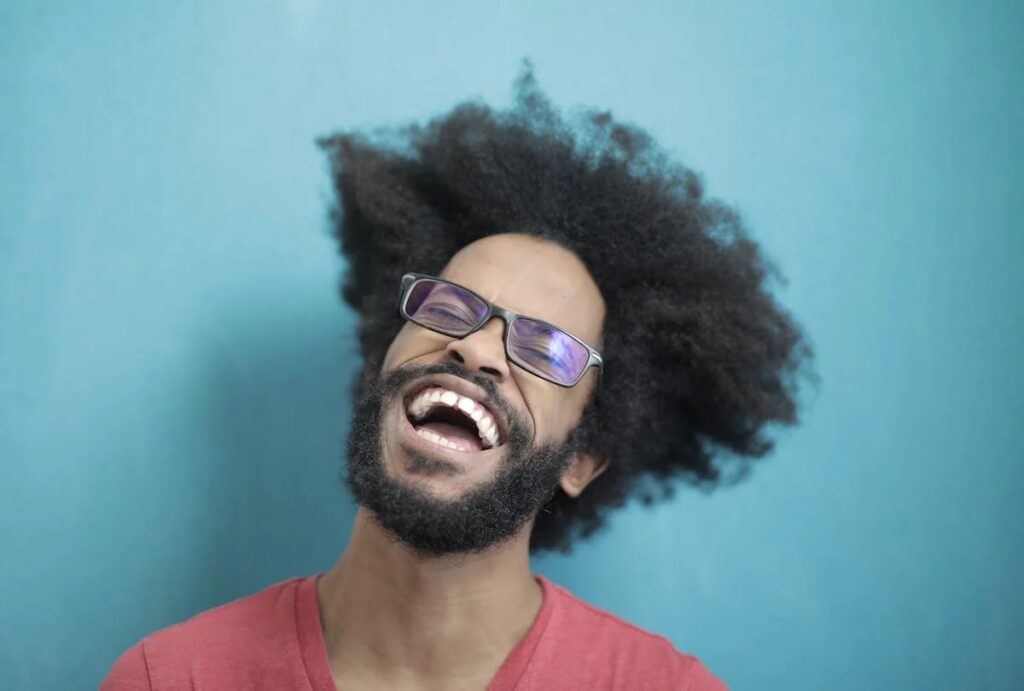
I was sitting in my car in a Target parking lot, watching a young woman do everything except leave. She had entered the car a full five minutes ago, and yet, there she sat—head down, thumb scrolling, completely oblivious to the line of hopeful motorists circling her like vultures around roadkill.
I remember a time when exiting a parking spot was a relatively swift affair. You’d get in the car, start the engine, check the rearview, and leave—just as God and the Department of Transportation intended. There was an unspoken agreement: someone was waiting, and you had the good sense to get moving. But now, it’s a whole production. People get in their cars and suddenly act as if they’ve just sat down in their living room. I’ve seen people clip their toenails, write lengthy text messages, and, on one occasion, eat an entire meal before finally backing out.
I blame the death of face-to-face community. There was a time when people had to look each other in the eye. You had to acknowledge the person holding the door for you, the neighbor who waved as you drove by, the elderly woman trying to navigate a revolving door without incident. There was a level of accountability that came with living in a world where your actions had immediate, real-world consequences. But now? Now, we live in a world where every person is their own self-contained media empire, broadcasting their existence without actually participating in it.
Social media has inflated egos in a way that is both awe-inspiring and deeply troubling. It used to be that you needed some level of skill to command an audience—charisma, talent, at the very least a ventriloquist dummy. Now, you just need a ring light and an unchecked sense of self-importance. TikTok has turned everyday people into celebrities in their own minds, and celebrities, in turn, have become demigods who demand admiration simply for existing. And with that shift, we’ve lost a certain sense of mutual regard. Why acknowledge the presence of others when your phone holds a hundred people who already adore you?
I don’t think younger generations are intentionally rude; I think they’re just distracted. They live in a world where interactions are filtered through screens, where the need for immediate, in-person decency has been replaced by the slow drip of online validation. Why hurry out of a parking spot when the real action is happening on a five-inch screen in your hands?
But every now and then, hope appears. The other day, I saw a teenager hold a door open for an elderly man at a coffee shop, a moment so rare I half-expected the sky to part and angels to descend. Maybe all is not lost. Maybe we just need to remind people that the real world still exists, that there are others around them, waiting—sometimes in a parking lot, sometimes just for a little acknowledgment. And maybe, just maybe, we can teach people to put the phone down and drive away.
Join us in making the world a better place – you’ll be glad that you did. Cheers friends.